
What does happen when coffee grounds get washed down the drain? Coffee grounds are used to make a hot, aromatic drink that people enjoy for its taste and caffeine content. Because coffee is a drink enjoyed by people of all ages, drain problems can arise anytime, anywhere.
When coffee goes down the drain, things change drastically. Coffee grounds have been known to clog pipes and cause plumbing problems in homes across America regularly.
When coffee drips down the drain, there’s no easy way to see it. As a result, troubleshooting can become increasingly difficult.
Used coffee grounds
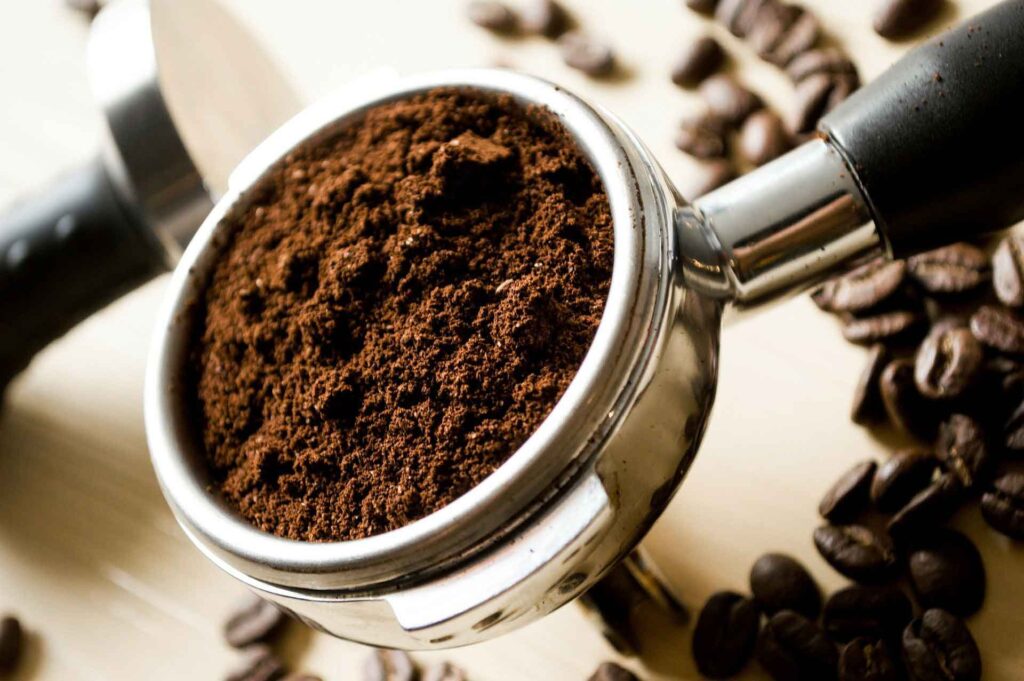
Coffee grounds are the remains of coffee beans that have been roasted and crushed for brewing. Coffee grounds can be used in a compost pile to make your plants happy.
Coffee grounds are usually the cheaper option when buying bulk coffee, but they do have a shorter shelf life so they must be used within two weeks. Coffee grounds can also be used to ward off slugs and keep ants away.
Coffee grounds are one of the most common contaminants in water treatment plants, so it is important to filter your coffee runoff before dumping it down the drain.
Why should you avoid putting them down the drain
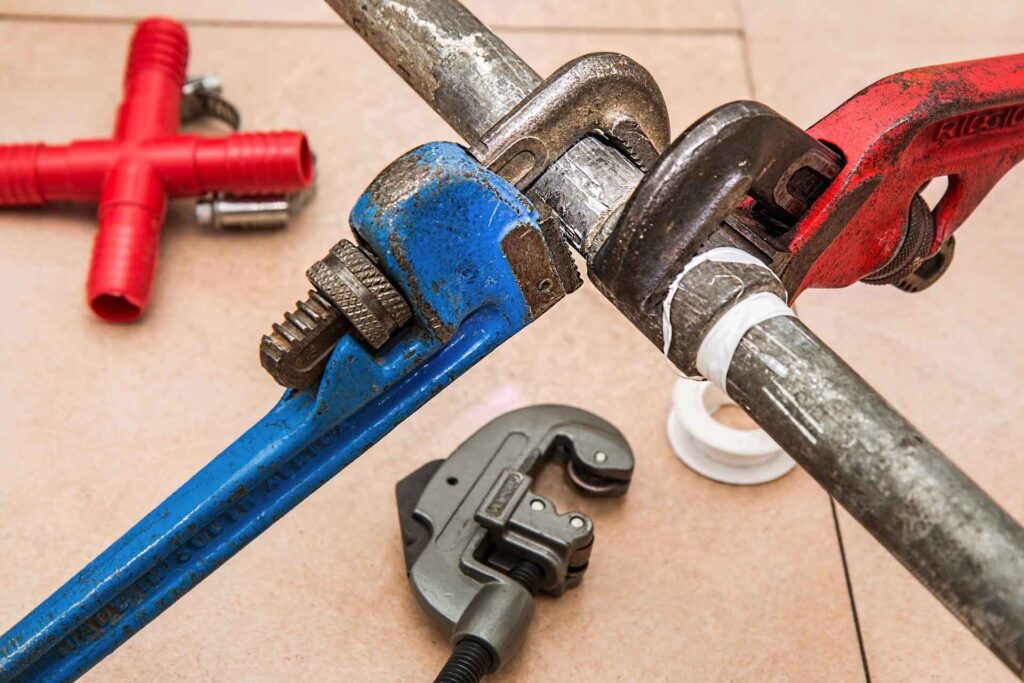
Coffee grounds down the sink can cause clogs or even blockages. Coffee grinds are solid wastes that can accumulate and build upon the bottom of your sink or drain, which will eventually cause them to come together into a clog. Coffee grounds also have an oily residue that attracts other substances like grease, oil, food scraps, etc.
so it’s best not to use coffee filters as a way of avoiding coffee grounds down the sink. Coffee filters and paper towels do not absorb much so they will accumulate in clumps – which is why it’s best to use just one or the other, not together!
Coffee grinds that go down your drain can also lead to stains on tiles and surfaces below. Coffee contaminants like oils might leave a stain on your bathroom surfaces, and they can be very difficult to remove. Coffee grinds that go down the drain will accumulate in pipes over time – especially if you have a lot of hair build-up!
Coffee residues might not lead to clogs right away but they can do so eventually as residue accumulates inside them. Coffee is made by boiling coffee beans in water, and the oily residue is what’s left over after you drink it. Coffee grinds contain oils that can attach to other substances or contaminants, which will eventually build up on your pipes and cause them to clog.
How to dispose of coffee grounds
[1] Using strainer
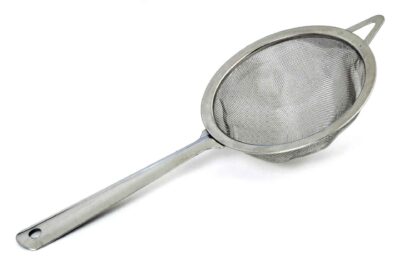
Coffee grounds should be strained through a coffee filter, coffee cloth, or coffee sieve before being placed in the garbage so that coffee grounds do not contaminate other waste.
- Fill the container with coffee grounds full of water
- Mix well to remove any residue from the bottom
- Quickly pour the contents over the strainer
[2] Using airtight container
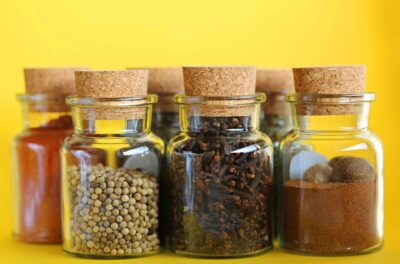
If coffee grounds are disposed of in the garbage, they are likely to attract pests. Coffee grounds should be placed in an airtight container before being placed in the garbage.
store coffee grounds in a sealed container out of the reach of children or pets, or place coffee grounds in the garbage.
- Use coffee grounds that are not damp as coffee grounds will absorb water
- Do not use coffee grounds that contain any detergent as coffee grounds can become soggy and unblended
- Coffee grounds are perishable, so if you want to store them for a long time, put them in the refrigerator
[3] Using boiling water before pouring it down the drain
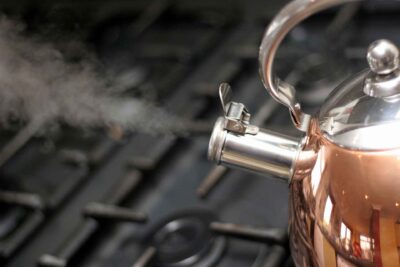
One of the tips in coffee grounds is to use boiling water before pouring coffee grounds down the drain. Boiling water not only kills any bacteria that may be present in coffee grounds but also prevents any coffee oils from accumulating in the pipes. Coffee oils are what clog pipes and cause them to get clogged up.
Recycling of used coffee grounds
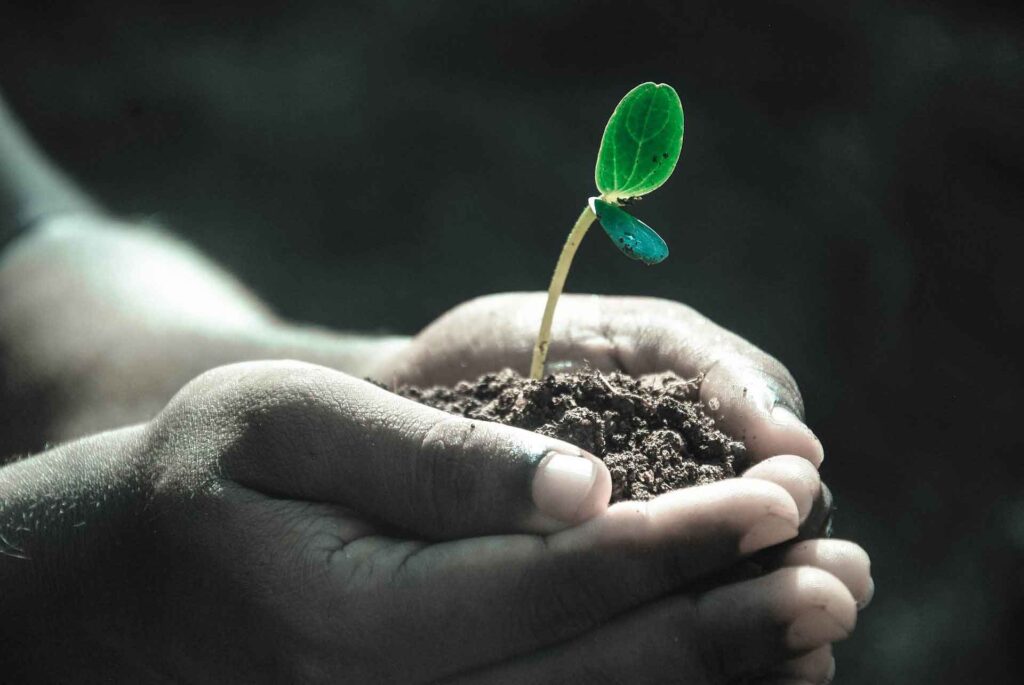
If you want coffee grounds for another coffee, coffee grounds can be used again by adding them to coffee beans in the coffee grinder. If you want the coffee grounds for compost, coffee grounds can be used to enrich your compost pile. Add coffee grounds to the leaves and other scraps before adding them to your compost pile.
If coffee grounds are not used immediately, they can be dried out for later use. Drying coffee grounds is a good way to stop the coffee from going stale before it has been used or kept too long without being refrigerated.
To dry coffee grounds, spread them on a plate and allow them to sit in an area where the temperature remains constant but no direct sunlight reaches them. This will cause your coffee ground to lose moisture until you grind it into coffee beans again.
The coffee grounds can be recycled into biogas or used as fertilizer. The coffee grounds can also be made into compost for use in your garden.
If you have a garden, the coffee grinds are an ideal fertilizer for plants. The grounds add nitrogen and potassium essential nutrients for plant growth to the soil, acting as a natural alternative to chemical fertilizers.
In addition, coffee is acidic so using it in place of another acid such as citrus fruit peels will lower the pH level in compost piles if they need to be slightly more alkaline.
Coffee grounds also attract worms and other beneficial insects that help control pests in gardens. Used coffee filters contain no nutritional value but make good fire starters when stuffed with dryer lint or newspaper strips and twisted closed.
What else can I use coffee grounds for?
- Used as a coffee scrub for the skin
- Used as a deodorizer and stain fighter for carpets and upholstery
- Mixed with yogurt and applied to your face will remove excess oil and keep your skin moisturized.
- Used as a gentle exfoliant for the lips and eyelids
- Can help revitalize leather shoes
- Effective bug repellent, keeping ants away from your home or garden by sprinkling coffee grounds around doorways and windowsills.
Other things that can go down the sink and what happens to them
Other items such as cooking oil and grease can also accumulate in the pipes and cause them to back up. Even worse, coffee grounds can also affect the water quality going to other sinks and appliances in your house.
The coffee grounds clog up the drain, which causes backups. The coffee grinds also affect water quality because it is food for bacteria in plumbing systems that can cause bad breath and body odor.
Ugh! As if having coffee grinds go down your sink isn’t enough of a problem, there are other items that you should not put down your drains either. This includes grease from cooking oils or fat trimmings used to make soap.
Other things include dental floss, paper towels, potato peelings or eggshells. Even small bits of these items will eventually accumulate into blockages in the pipes. So please dispose of all non-organic matter into garbage bins instead of sinks! Now we know why we shouldn’t dispose of coffee grounds down the sink!
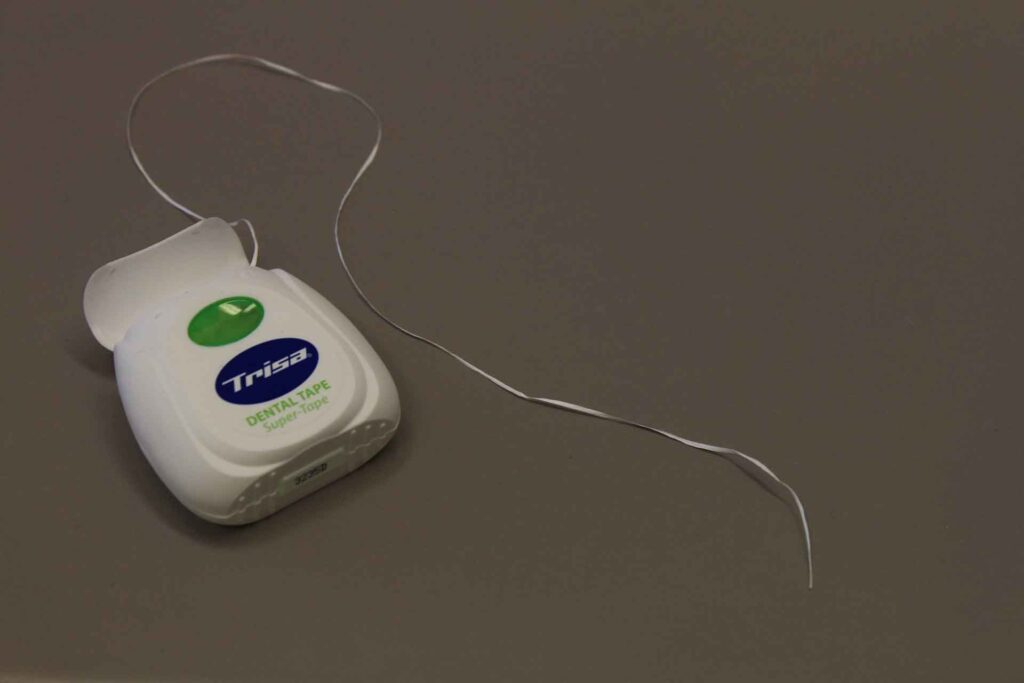
dental floss
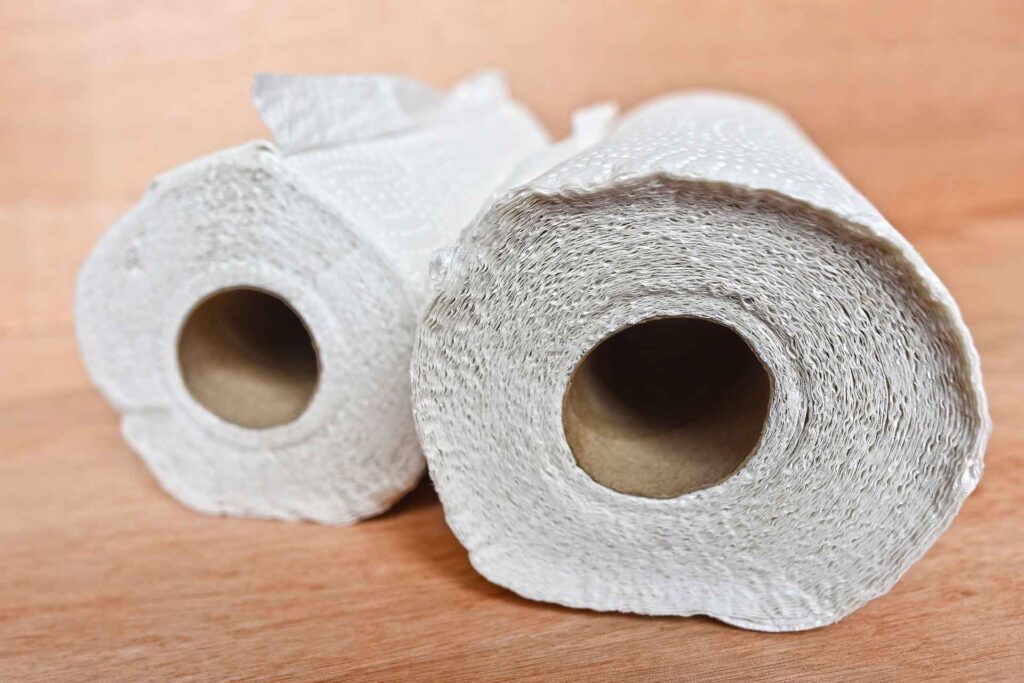
paper towels
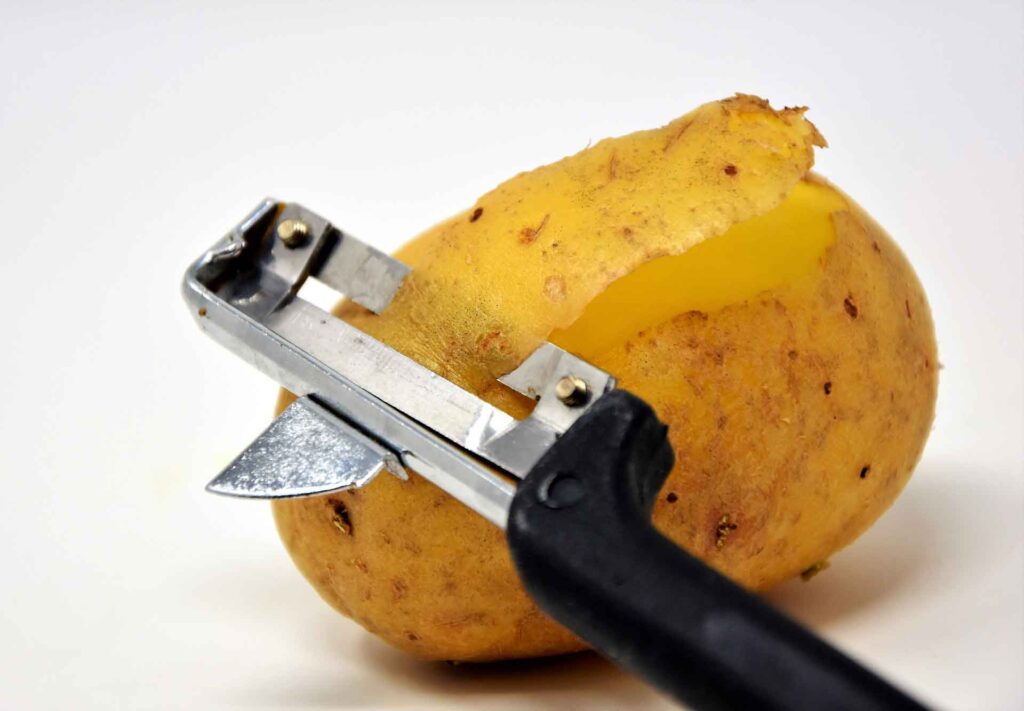
potato peelings
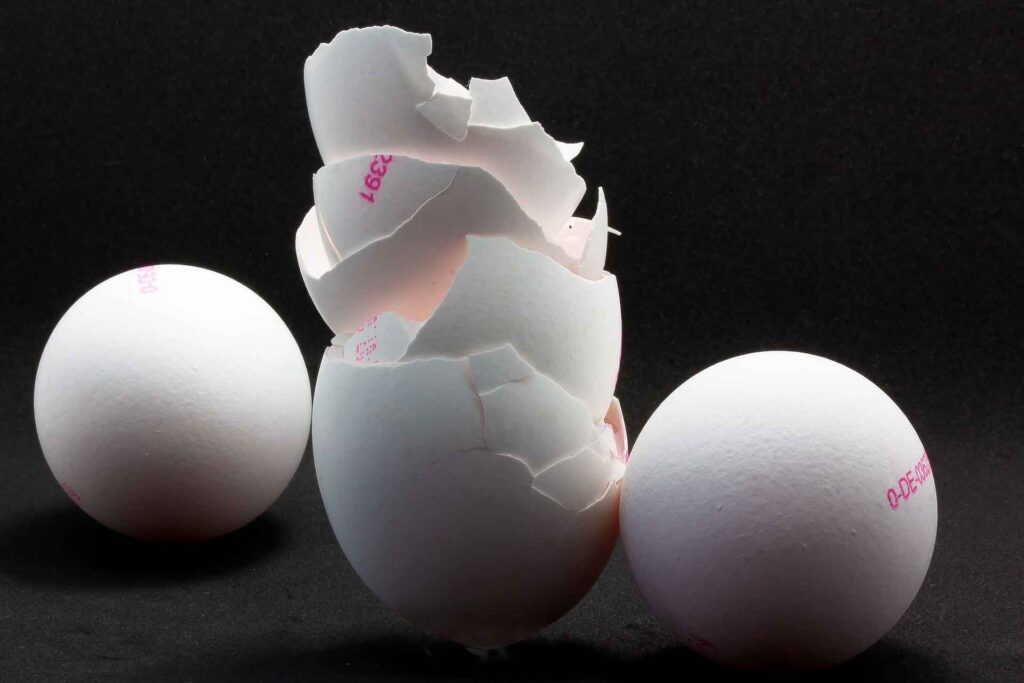
eggshells
Ways to clean your plumbing system naturally
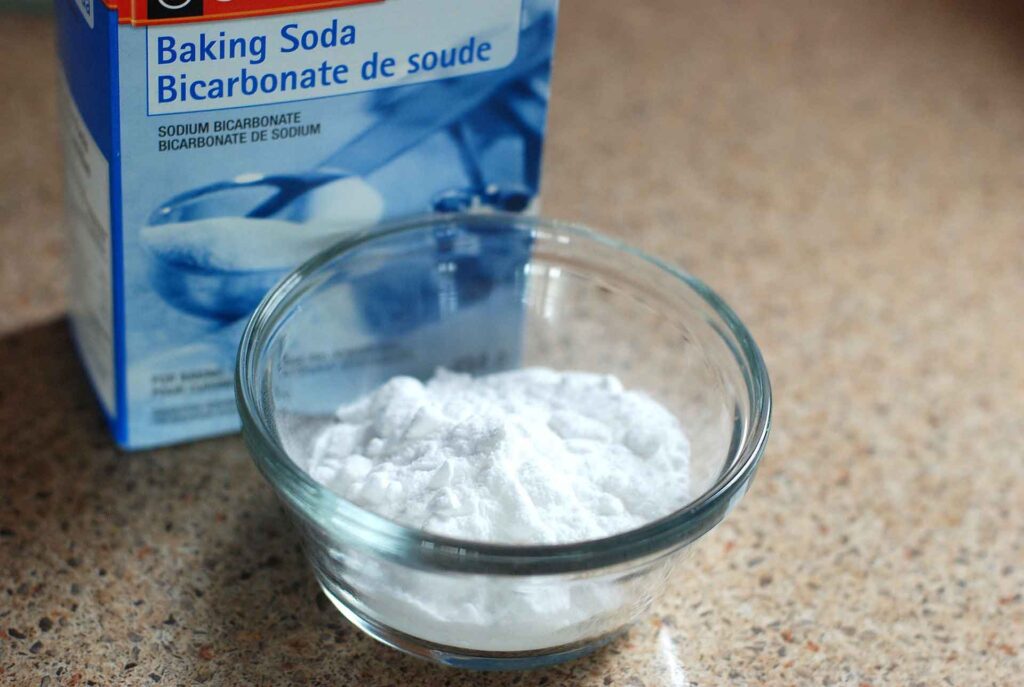
baking soda
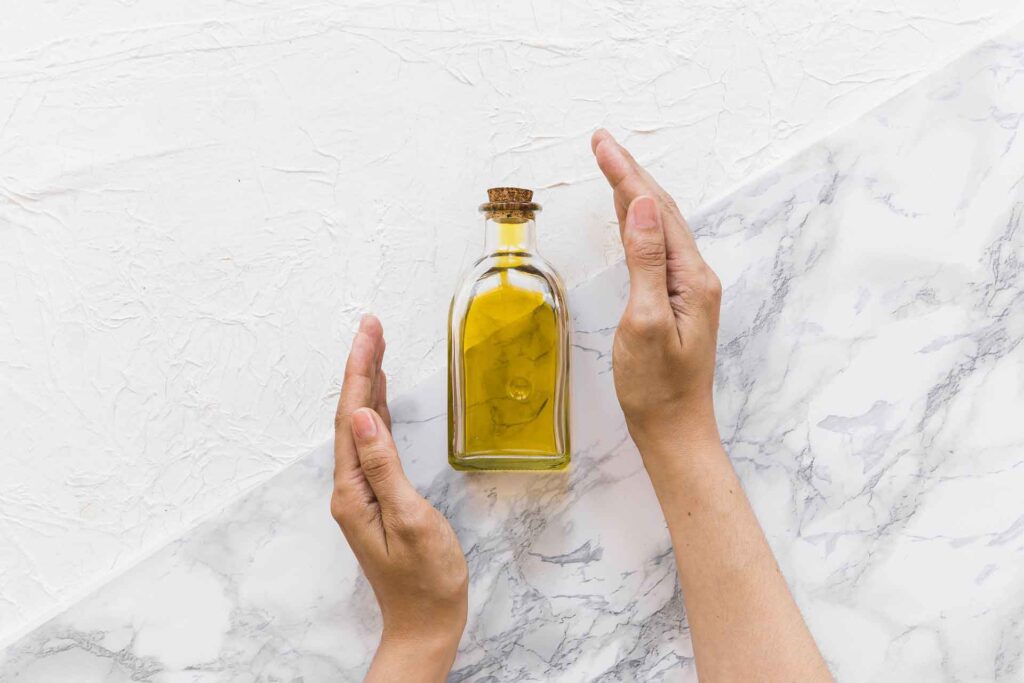
vinegar
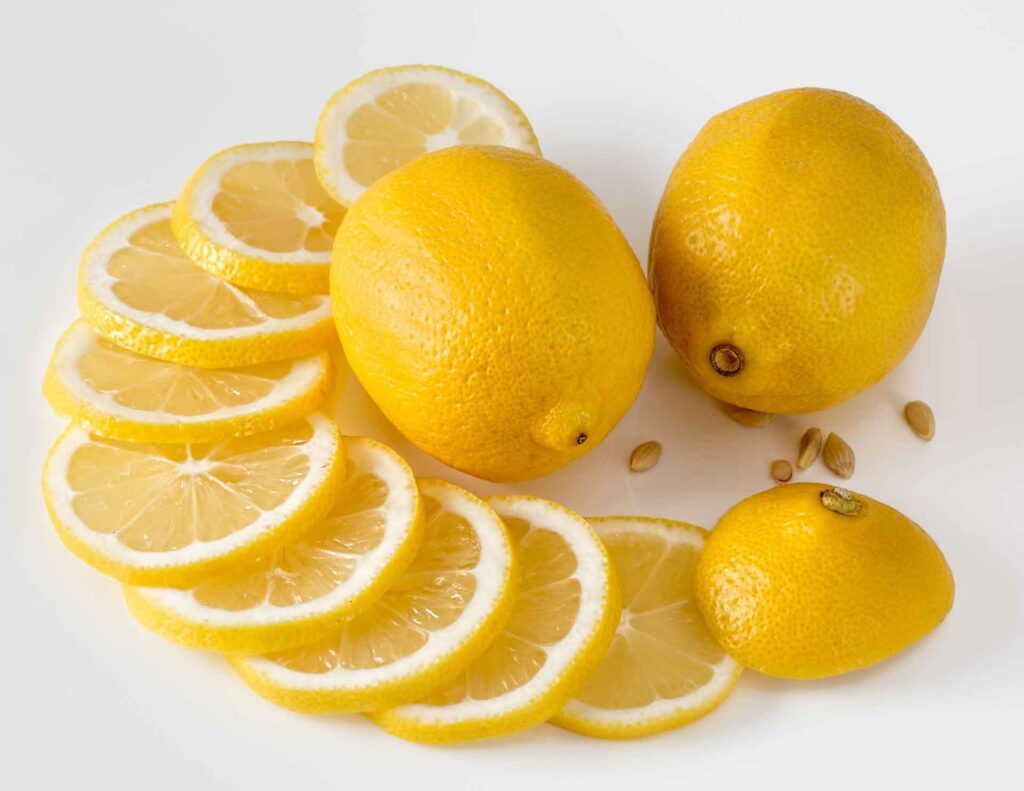
lemon juice
In coffee grounds, there are a few natural ways that you can clean your plumbing system. The first is using baking soda and vinegar.
If you want to try this method, here’s what you do: pour vinegar into the clogged drain, then add about a tablespoon of baking soda. Let it bubble for about 5 minutes before flushing it out with boiling water.
The next step in coffee grounds is to use lemon juice. Simply grate some lemon peels, put them in the clogged drain, and cover them with boiling water.
Leave the mixture in the drain overnight so that all of the acids can dissolve gunk in pipes. Finally, flush it out with boiling water when you wake up in the morning!
Conclusion
You may be wondering what coffee grounds down the sink does to your plumbing and septic system. Coffee grounds are a natural way to keep odors away from trash cans, but if you dispose of coffee grounds in various ways it can have negative consequences for your home’s foundation or sewer pipes.
It is best to avoid disposing of coffee grounds down the drain as they will eventually clog up drains that lead into sewers which then leads to sewage back-ups inside homes.
Using coffee filters instead of disposable paper cups reduces used coffee ground waste by about 10%. This article has given some helpful insights on how you can dispose of coffee grounds without harming your plumbing system.








Leave A Comment